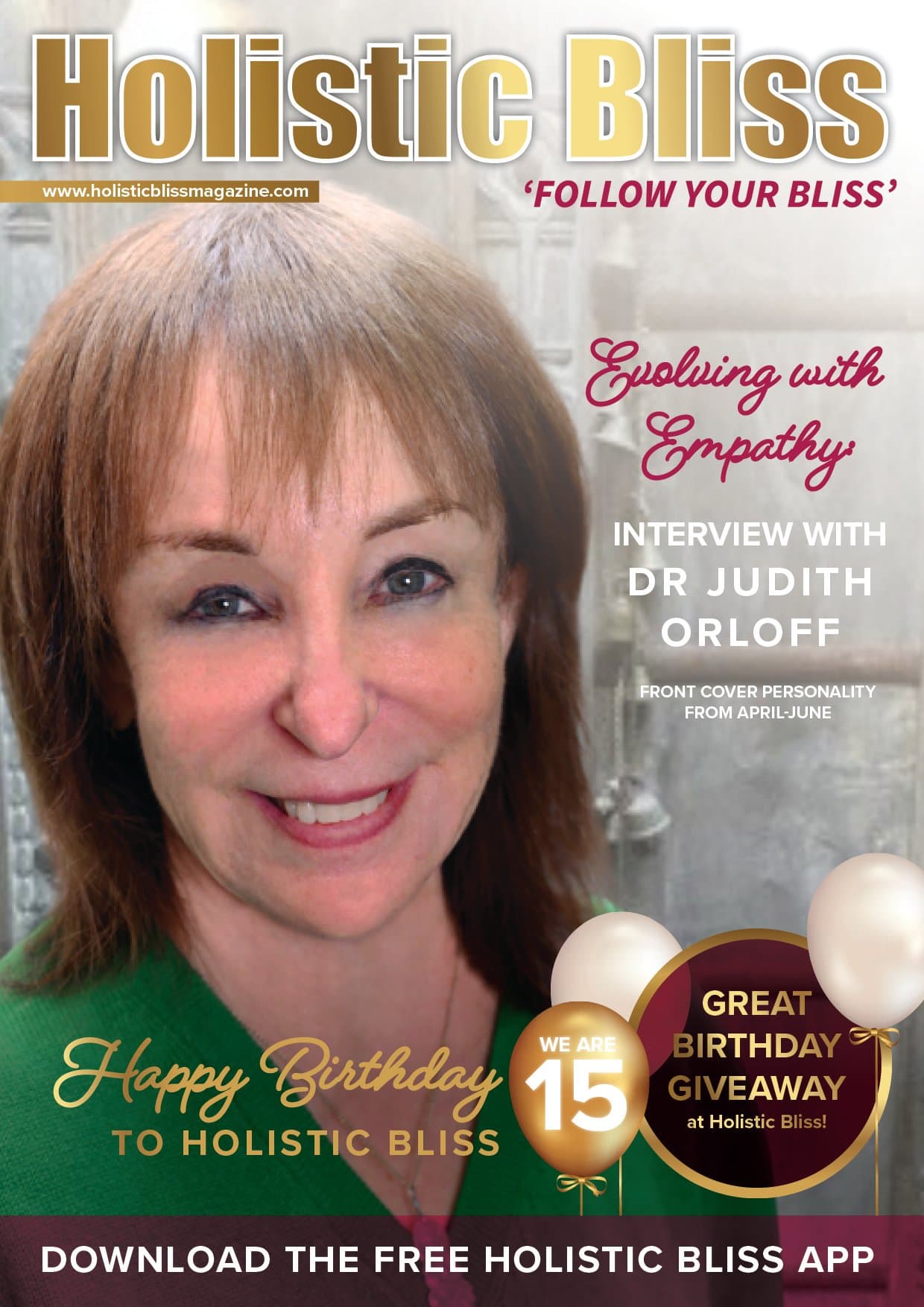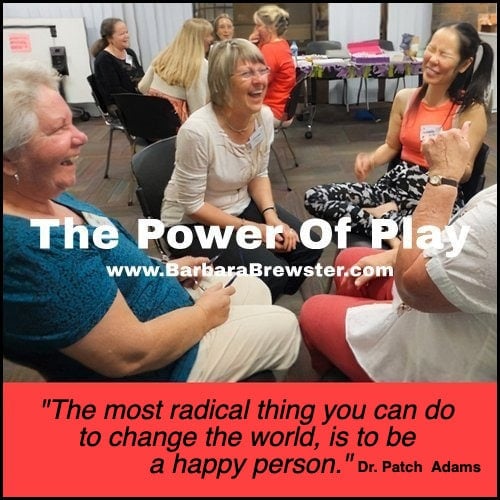A common concern I see clients presenting with is, a deeply ingrained pattern of people-pleasing and how this controls many areas of their life.
Whilst an underlying urge to make others happy is normal, a person who displays people-pleasing tendencies has a tendency to put others’ needs and wants before their own leaving them feeling resentful, exhausted, and disconnected from themselves.
People-pleasing is a form of self-abandonment and many spend countless hours in therapy attempting to override this ingrained practice that was often programmed in childhood by adults who rewarded them for being agreeable and punished them for having independent thought.
Whilst it’s natural to want our child/ren to listen and cooperate, it’s unreasonable to expect them to understand and immediately comply every time we speak and anytime we coerce, bribe, or overrule a child to prioritise our feelings, wants and/or needs we teach the child that our feelings mean more than theirs and that being submissive (or people-pleasing) is the safest route to avoid negative consequences.
This is not to say that a parent cannot say no, however, in a perfect world, we would aim for everyone’s needs and desires to be acknowledged all of the time and met most of the time.
Below are 3 positive steps we can take to teach our young people to advocate for themselves whilst still respecting parenting boundaries.
- Validate the child’s experience
I regularly hear parents attempting to correct their child’s behaviour by saying things like, “stop whinging”, “you’re getting upset over nothing”, “get over it” etc. All these statements, unfortunately, invalidate the child’s experience and can potentially set the foundation for people-pleasing as the child learns to ignore their feelings and focuses on how to regain love and approval from the adult. Instead, you could try to validate the child’s experience by saying something like “I understand you really want that toy and it’s ok that you feel very upset that you can’t get it today. Let’s talk about it more in the car on the way home.” The outcome is the same but the language and lesson are completely different.
- Understand the child’s perspective
When a child attempts to share a difficult experience such as a friend being mean to them, it can be tempting to brush over the experience by suggesting for example that the friend was “probably just having a bad day” or “they didn’t mean it”. This approach may minimise your child’s perspective and suggests that they focus instead on what their friend may have been feeling. The lesson for the child from this interaction with you is “other people’s feelings matter more than mine”, which is the core pattern of people-pleasing. Instead, you could try something like “it sounds like you’ve had a really tough day and that’s very out of character for your friend. I can understand why you would be feeling upset. It sounds like you might need to take some time this afternoon to process your feelings.” This response encourages them to prioritise their feelings and build a healthy relationship with themselves before prioritising another’s feelings.
- Provide choices
To become free-thinking individuals, children must be allowed to make choices that please themselves before habitually sacrificing their needs to make others happy. A nice way to do this is to provide options over dictating instructions. For example, instead of saying “eat your breakfast now or else you will make me very angry!” You could try something like, “you can either eat your breakfast now and then we can go to the park and play, or you can eat your breakfast later and we will stay at home today. The choice is yours. What would you like to do?” The key to providing choices is to ensure that you are happy with either option so you can calmly respect their decision.
Parenting is not an easy gig and sometimes it can feel like we aren’t getting things right but at the end of the day, the best way to raise children with healthy self-esteem is to role model positive behaviours such as boundary setting, emotional intelligence and prioritising your own needs to show our children through our actions that self-respect and self-care is not self-ish and that we are entitled to please ourselves along the way.
For more empowering information follow me on social
Jodee Marques, The Holistic Therapist










Add comment